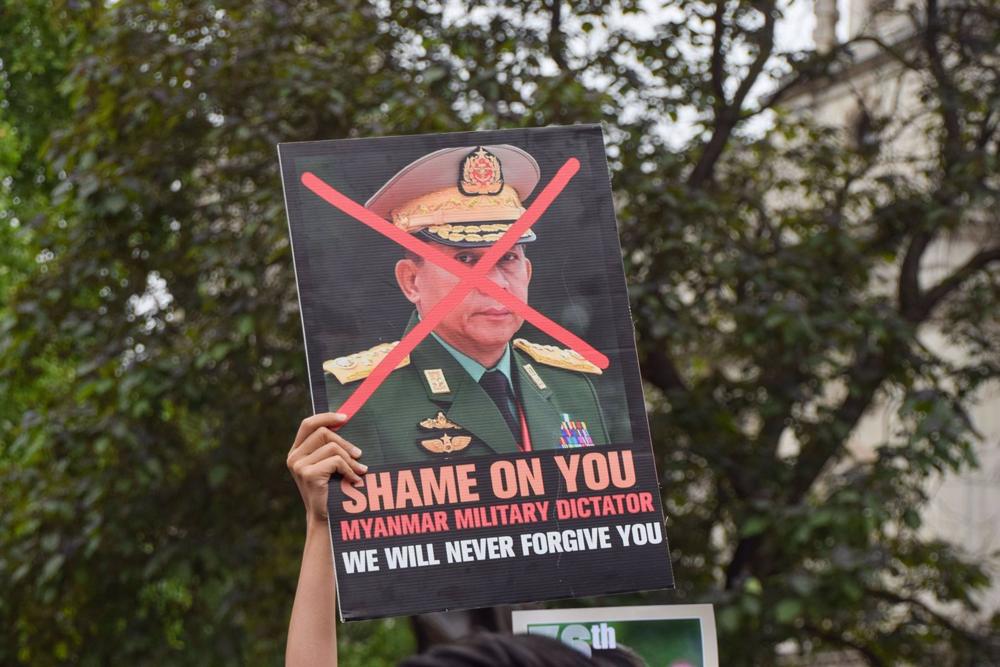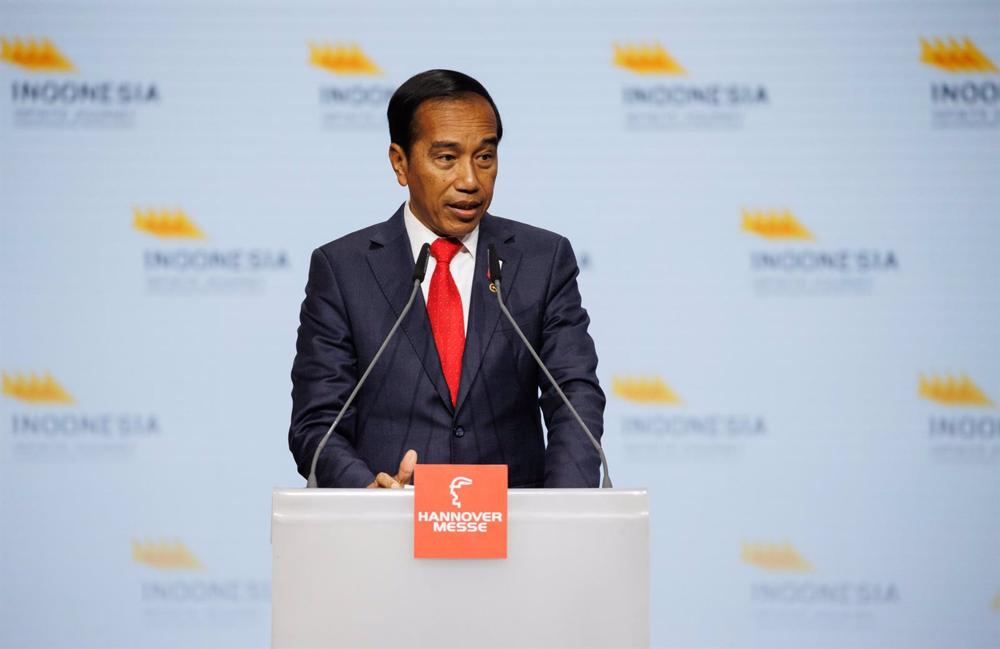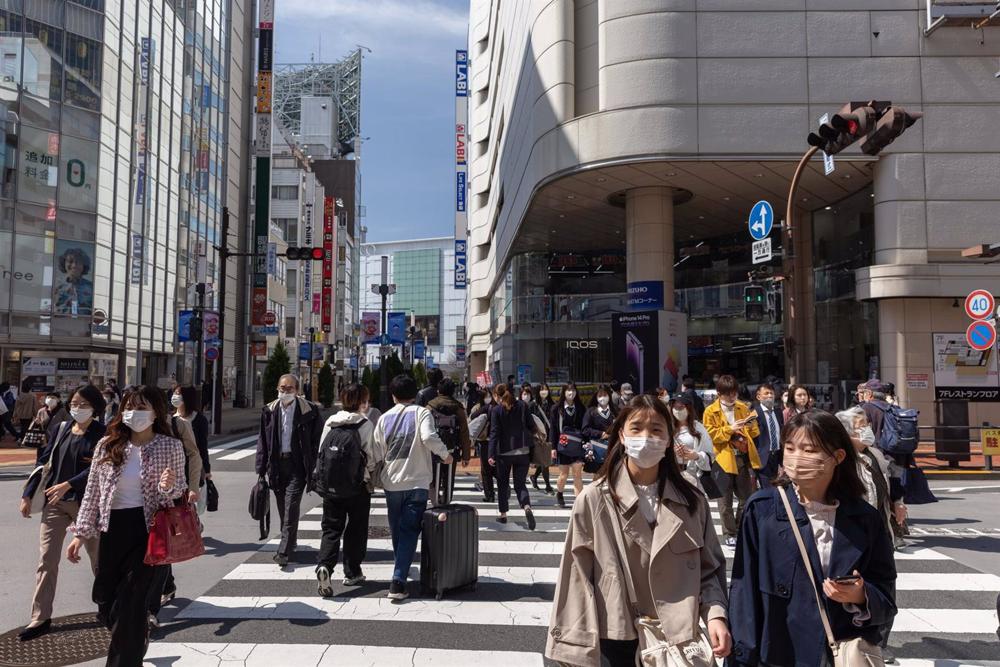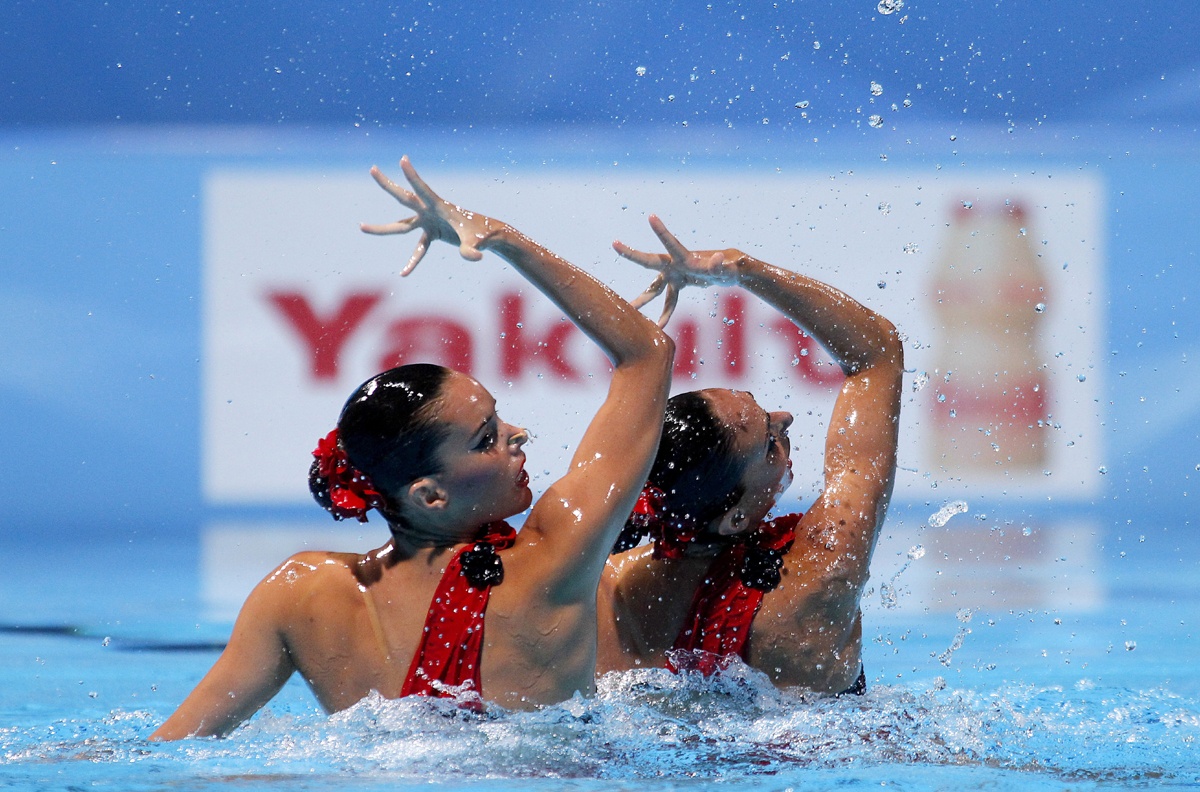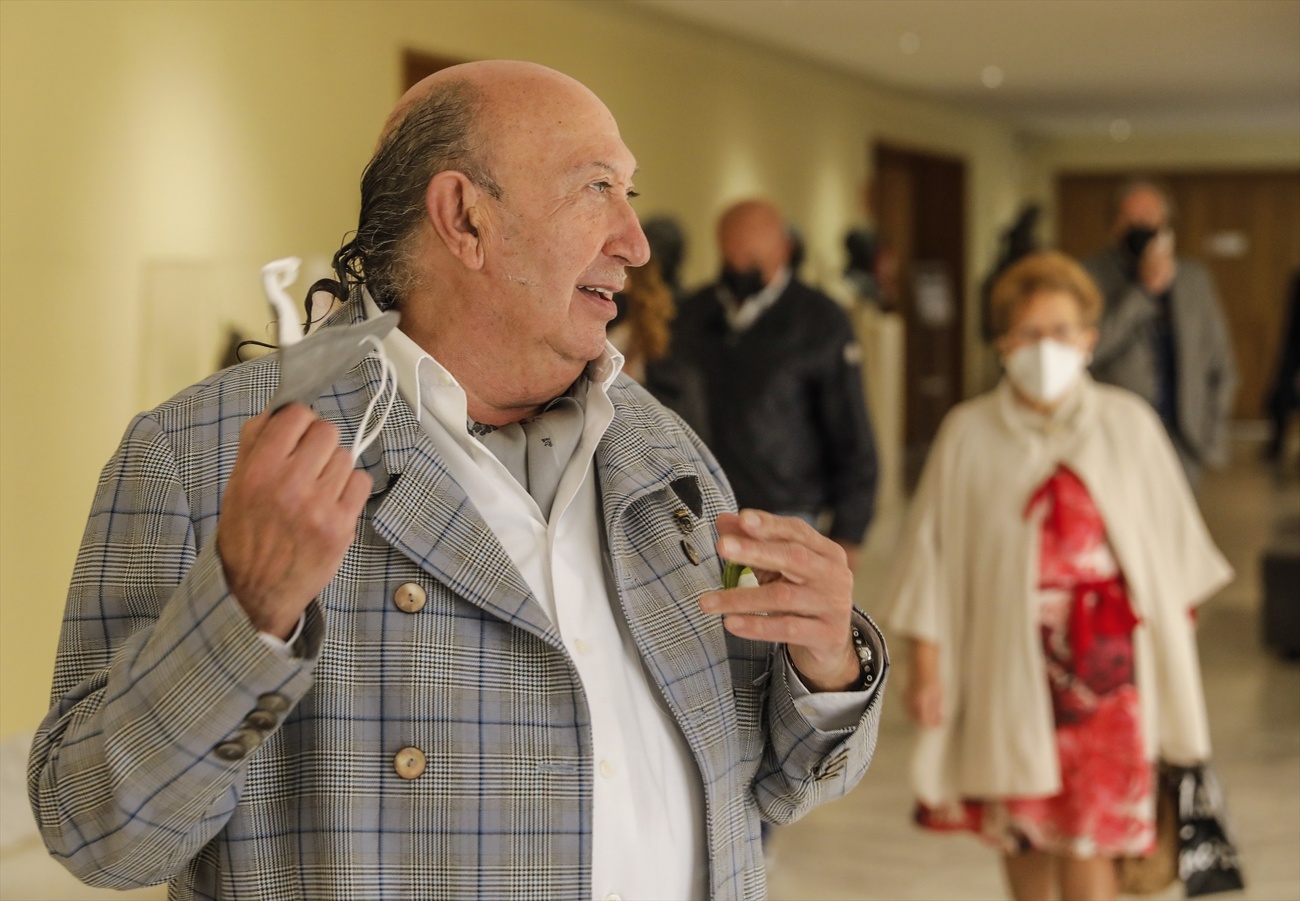
Cameroon’s President Paul Biya will celebrate this Sunday his fourth decade at the helm of power in Central Africa’s largest economy amid opposition calls for reform and doubts about his appearance at the 2025 elections.
Only Equatoguinean President Teodoro Obiang Nguema has spent more years in power than Biya, known as ‘The Sphinx’ and head of a power structure at his service that has made him impervious to any attempt to remove him from office.
It is not yet known if the 89 year old president will attend the celebrations being organized by his party, the historic Democratic Movement of the Cameroonian People (MDPC), the dominant force in the two houses of Parliament since its foundation in 1985, only three years after he came to power on November 6, 1982.
On that day, Biya became the second president of the country after its independence, following the resignation of Ahmadu Ahidjo, in the culmination of the political aspirations of the man who once tried to become a Catholic priest before studying political science in Paris.
His supporters celebrate advances such as the introduction of multi-party elections or the economic policy that has brought Cameroon into the current reality. The festivities will celebrate «political stability and peace, the greatest successes of the last four decades in Cameroon,» Herve Emmanuel Nkom, a member of the party’s central committee, told Cameroonian media.
The opposition, on the other hand, denounces that the president’s political reforms have been nothing but mirages to consolidate him in power without attracting too much attention from the international community. Opposition leaders such as Maurice Kamto of the Cameroon Renaissance Movement recall the controversial 2018 presidential elections in which Biya won amidst criticism of fraud, ten years after his decision to eliminate term limits.
Another serious problem in Cameroon is endemic corruption in a country that topped this Transparency International list in 1998 and 1999. In the new index, it ranks 144th on the list of the 180 most transparent countries in the world.
The president has also been unable to quell the bloody Anglophone separatist conflict that started in 2016 and escalated following the separatists’ self-proclamation of Ambazonia’s independence on October 1, 2017.
The violence has caused around 6,000 deaths and a major humanitarian crisis, with nearly 600,000 people internally displaced in Anglophone and neighboring regions, and more than 77,000 forced to become refugees in Nigeria, according to humanitarian organizations.
To this must be added the insurgency of the jihadist organization Boko Haram, which spread to the country since 2013.
In this scenario Biya, who rarely speaks to the media, continues to leave it up in the air whether he will seek re-election, amid speculation about his state of health, or will retire at the end of his current term and pass the baton to his son Franck or some baron of his party.
«Wait until the end of the mandate to know if I will stay or return to my village,» Biya said in July during a joint press conference with French President Emmanuel Macron in Yaounde.
